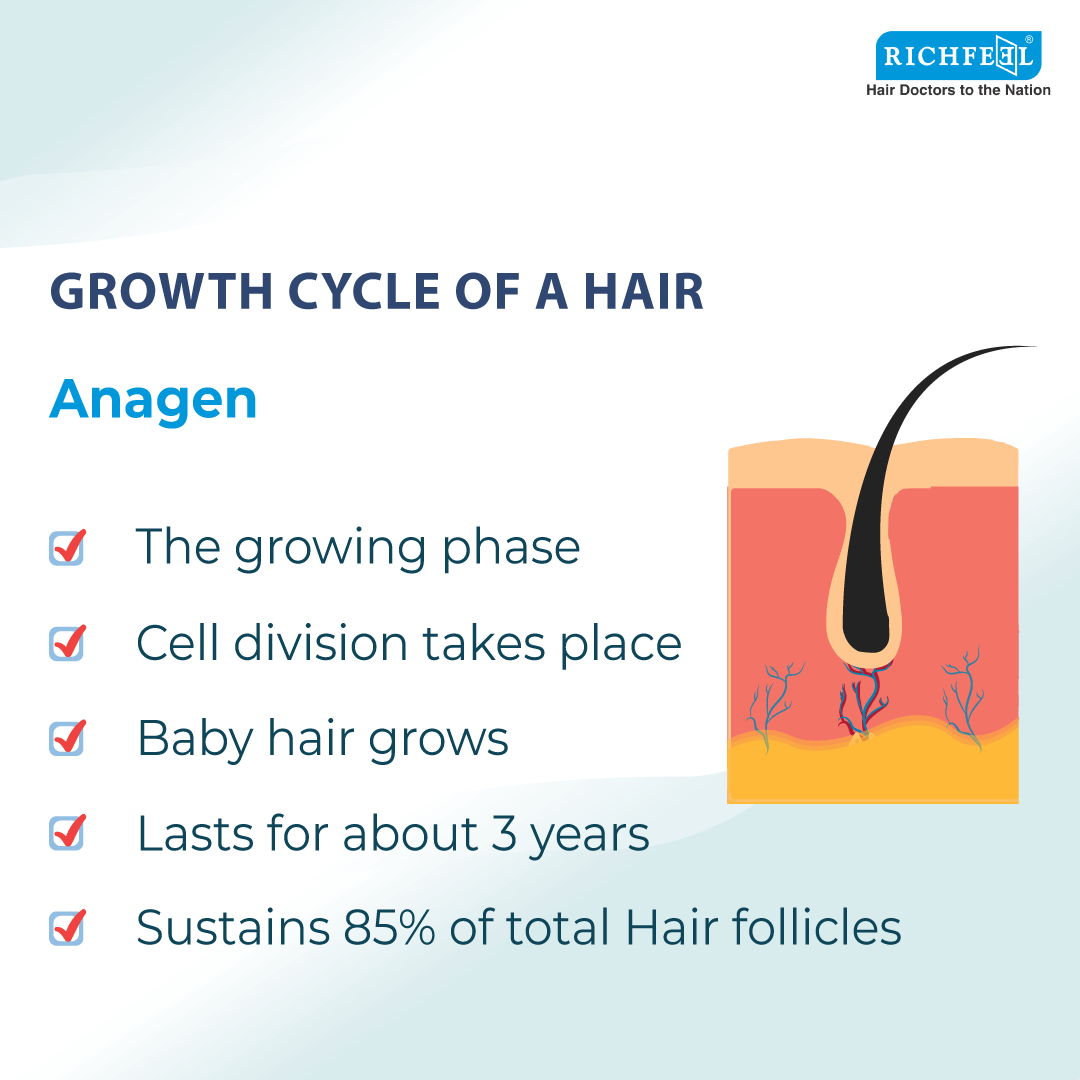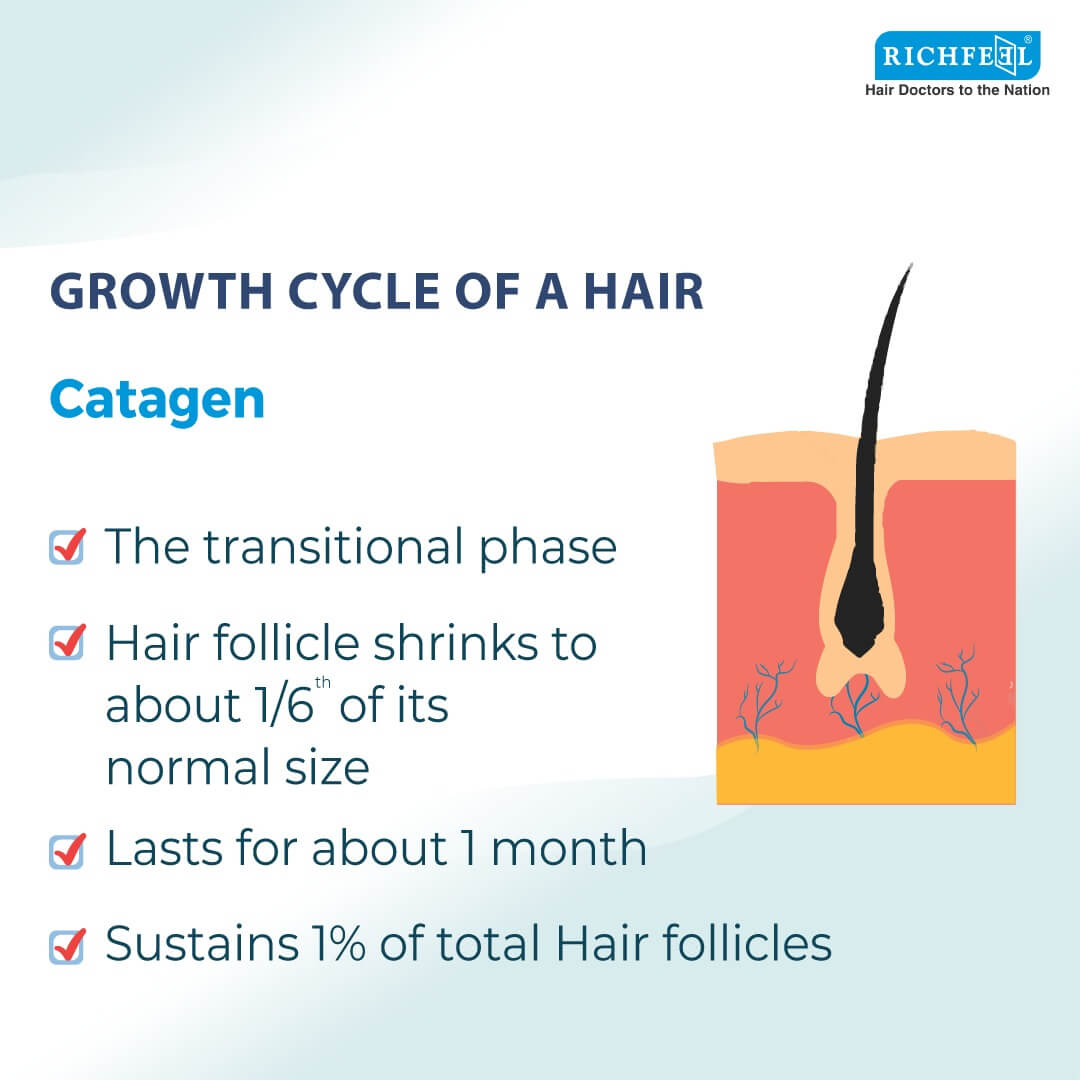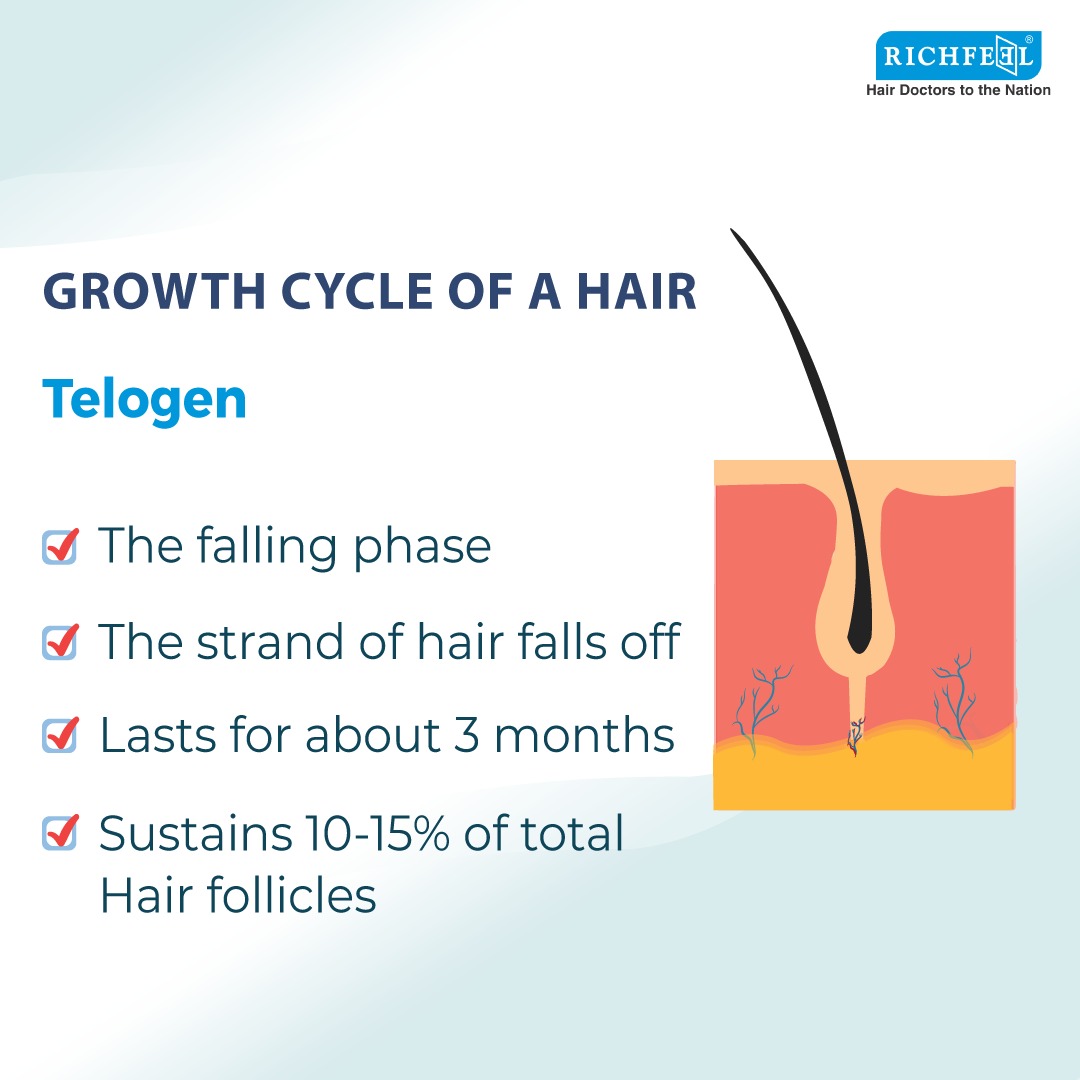Ask the Hair Expert: Does stress lead to hair loss?
Stress - Unfortunately one of the most commonly used words these days! So much so we hear kids and tweens saying ‘am stressed!’.
Well, can’t blame them, ‘cos its the word they hear their parents and family members use the most! If you aren’t stressed-at-work, are you even working? It has become the order of the day, so to speak.
Stress impacts us in multiple ways and hair loss is one of the very prominent tangible side effects. The hair lost due to stress can be gained back if spotted and addressed in a timely manner. We have received multiple queries on stress-related hair loss, how it happens, why it happens and how to control it.
So here we are, once again, with our ‘Ask the Hair Expert’ series; this time to address your queries on stress-related hair loss. And as always, apart from addressing your immediate concerns, we will also recommend tips to manage your hair, to keep it stress-free & problem-free.
You asked: "How exactly does stress impact hair? Does it cause hair loss? If yes, how can I control it?”
Here’s the answer from the Hair Experts.
Yes. Stress DOES impact your hair, causing hair loss. And you do need to address it before it becomes irreversible.
We recommend a regulated hair care regimen. And a trip to your Trichologist’s clinic, to help with controlling hair loss.
Everyday-stress doesn’t impact you immediately. We know we all get stressed with one thing or the other every single day. But we deal with it and move on. However, there are times when stress crosses a point where it starts impacting your body. It is then that stress starts rendering your hair dull, lifeless, dry, brittle, and eventually leading to hair loss, if unattended to. Also, unfortunately, it's a two-way relationship! You lose hair because you are stressed. And as you see your hair falling, you stress more!
The good news, however, is that hair loss that is purely stress-related is reversible. Trichologists are your key to solving this right!
So, let’s first understand how stress impacts your hair. We will then see conditions that are typically triggered due to stress and how to tackle them, along with some handy tips, as always.


 Chronic stress pushes the hair follicles into the resting phase, longer than the normal duration. This means that they won’t produce new hair strands as they should. And over time, the hair becomes thinner and falls out more easily, while you are showering, combing or just simply running your hands through your hair! In very serious cases, hair falls out in patches, in certain areas, and such will need timely professional intervention.
Chronic stress pushes the hair follicles into the resting phase, longer than the normal duration. This means that they won’t produce new hair strands as they should. And over time, the hair becomes thinner and falls out more easily, while you are showering, combing or just simply running your hands through your hair! In very serious cases, hair falls out in patches, in certain areas, and such will need timely professional intervention.
How does stress affect your hair?
Chronic stress impacts the hair growth cycle. As you know, each strand of hair goes through a growth cycle consisting of three phases - anagen, catagen and telogen. At any given point of time, each strand may be in a different phase of the cycle. Do read our blog on hair growth cycle and hair anatomy to understand your hair inside out.


Some conditions triggered by stress
Stress could be physical or emotional in nature. Both of these have an impact on the hair growth cycle, thereby creating hair & scalp concerns. Mental stress is something which is only loosely defined but very tangibly felt! Physical stress could be a trauma or chronic illness your body is facing. Here we list some hair-related conditions that are typically triggered by stress.-
Diffuse Hair LossOne of the triggers of diffuse hair loss, a very common condition, is stress. Diffuse hair loss in both males and females can be a direct result of emotional stress and physiological problems. To define it, diffuse hair loss or diffuse alopecia is a condition in which the individual’s hair density decreases across the breadth of the scalp. What triggers it is any disturbance to the hair growth cycle. And this is how stress triggers it. Stress hampers the cycle and sets it off.It is easier to identify diffuse hair loss in males since it has a particular pattern of hair loss or thinning of hair, occurring in different spots of the head. Under diffuse hair loss in males, hair thinning can happen all over the head and almost equally in all proportions, the only exception being the back and sides where hair loss does not happen as much. In women, it can be a feature across the scalp, with no specific pattern. A Trichologist can identify it through clinical diagnosis. Diffuse hair loss in itself can be of various types, which the trichologist can identify and prescribe treatment accordingly.
- Systemic disorders due to stress leading to hair fall, for instance, IBS & DM. Autoimmune thyroiditis is common these days.
- Hormonal fluctuations leading to androgenic alopecia.
- Telogen effluvium
- Telogen EffluviumA very common condition, one of the triggers of which is stress. It is perhaps the most common form of temporary hair loss in women. It is characterised by thinning and shedding of hair from the scalp. The hair loss that happens when the hair is in the Telogen phase for the prolonged duration is referred to as Telogen Effluvium. With this condition, the Anagen phase slows down, pushing lesser follicles into the next stage. Do read our blog on the topic in detail.
- TrichotillomaniaThis is a rare condition. It is an impulse-control ailment characterized by a recurrent hair pulling disorder, further resulting in visible hair loss. As a reaction to extreme stress, the individual keeps pulling or twisting the hair, sometimes pulling the hair out completely. This is seen in people suffering from hypertension, depression and even substance abuse. Individuals who remain anxious & nervous or even introverts by nature are more likely to suffer from the hair-pulling habit. Trichotillomania needs to be clinically diagnosed and addressed.
- Alopecia AreataThis is an auto-immune disorder whereby the hair follicles are attacked by the body’s immune system, leading to hair loss. It gives rise to bald patches or spots on the scalp. Alopecia Areata is also known as spot baldness. The spots are usually circular in shape, like a coin, and vary in size, differing from person to person. While there are multiple triggers spoken of, studies have shown that in more than 90% of the cases it is caused by shock, stress or trauma. Emotional stress leading to use of antidepressants or other medication increase the probability of getting Alopecia disorder. This is again a condition that needs clear clinical diagnosis & professional intervention.
Can such hair loss be reversed?
As we mentioned above, the good news here is that hair loss that is caused due to stress, is reversible. Key is a correct diagnosis and proper, timely action. There are ways to counteract stress and take care of your hair. Here are some tips on how you can handle it on your own.- Relax. Stress and Hair fall need not be permanent problems in your life. The earlier you learn to manage stress, the sooner your hair concerns get addressed. Whatever helps you calm down - music, dance, yoga, zumba, meditation, working out, going for a run or a walk...make your own list!
- Stay in the company of people who motivate and encourage you. This will ensure optimism in your life.
- Follow a healthy lifestyle with a balanced diet and timely sleep habits. Do include hair healthy foods in your diet which can really help in the regrowth of your hair.
- Do not self medicate at any point. Even with food supplements. Only after consultation with your hair doctors, should you resort to vitamin supplements and other medications, to boost your hair growth and further stop it from falling out due to stress.
- Have a relaxing oil massage routinely. A good oil massage will give your hair, the much-required relaxation and soothing effect amidst all the chaos and chemicals that it is subjected to.
- Wash your hair daily with a scalp cleanser. Mild shampoos can be used for daily use while anti-dandruff shampoos, only twice a week. Follow a regular hair care regimen. Use products that suit you. Your trichologist can advise you right on what suits you best - everything from hair styling, hair maintaining, hair washing and drying to what you should eat, what lifestyle habits to change.
